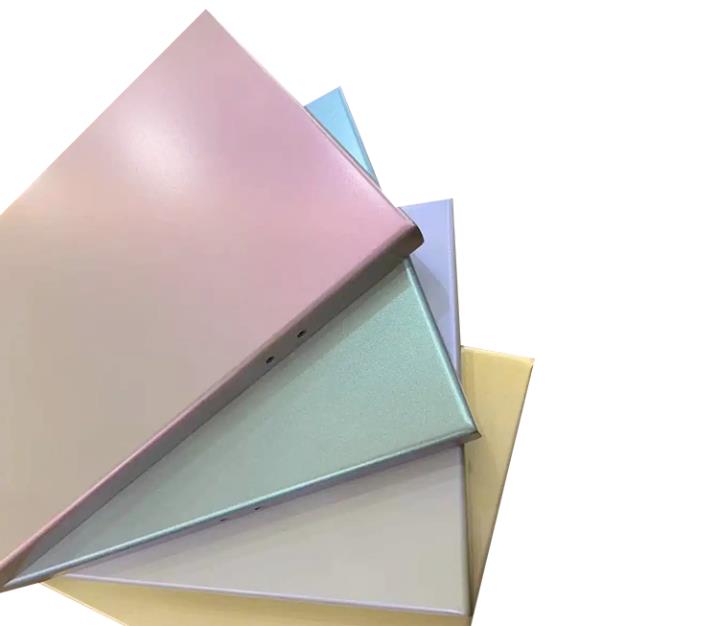Views: 235 Author: Julong Publish Time: 2023-04-19 Origin: aluminum panel systems manufacturer








Aluminum cladding is a type of cladding with an aluminum coating on the outside. A layer of polyethylene plastic is sandwiched between two exterior aluminum sheets in the certain aluminum cladding. The most secure sort of aluminum cladding, however, is solid aluminum coated with heat-resistant powder. When exposed to heat, the powder coating will char, but the aluminum will not melt or burn, significantly decreasing the fire danger.
Aluminum cladding is available in a wide variety of forms and styles. It can even imitate other natural materials like wood. A smooth texture, a timber look, battens, and weatherboarding are some of the most typical finishes for aluminum cladding panels. Aluminum cladding is available in panels or sheets. There are many hues to choose from, but the most frequent are metallic, woodgrain, copper, rust, and concrete. Click here for Solid Aluminum Panel for Cladding.
Aluminum cladding is widely accessible and reasonably priced throughout Australia. Aluminum cladding in Australia is widely available in all major cities as well as many remote places, and several wholesalers will even supply to rural areas. Sydney, Melbourne, Brisbane, and Perth are among the Australian cities with a notably diverse range of aluminum cladding alternatives. Aluminum cladding is so widespread that it's even in Bunning's catalog.
One of the primary benefits of aluminum cladding is that it is lightweight. Aluminum, as a lightweight material that weighs substantially less than brick, lumber, or weatherboard, is easy to install and transport and has a minimal carbon footprint. As a result, it is one of the less expensive cladding materials.
Aluminum cladding is also 100% recyclable, making it an extremely sustainable material with limitless construction applications. Aluminum cladding also improves insulation significantly, which can help reduce the need for energy-wasting temperature control systems in the home, such as a heater or air conditioner. Better insulation also implies better soundproofing, which helps to safeguard your privacy and muffle outside noise that enters your walls.
Aluminum cladding is incredibly robust and, unlike other metals, will not rust or corrode even when exposed to the elements for extended periods. This is due to aluminum's protective oxide layer, which preserves it in perfect condition for many years.
Another advantage of aluminum is its high melting temperature, which makes solid aluminum one of the most fire-resistant materials available. As a result, aluminum cladding works effectively in locations where there is a significant risk of fire.
With so many distinct types to choose from, deciding on aluminum cladding systems can be difficult. Personal preference should play a key role in deciding on the sort of cladding you want because it will have a considerable impact on the overall aesthetic aspect of your property.
Another thing to think about is where and how much cladding you want to be installed—would an aluminum facade suffice, or do you want complete coverage from your aluminum cladding? Here are five aluminum applications and styles that may inspire your external remodeling to help you narrow down your alternatives.